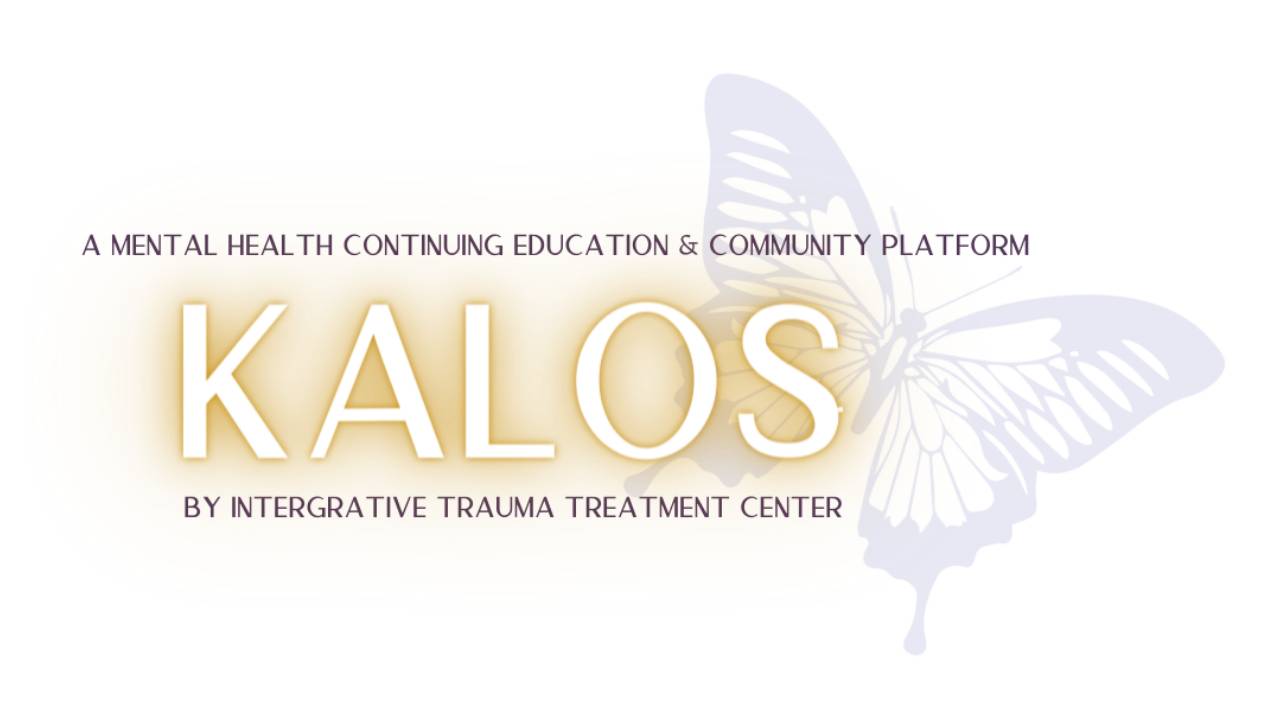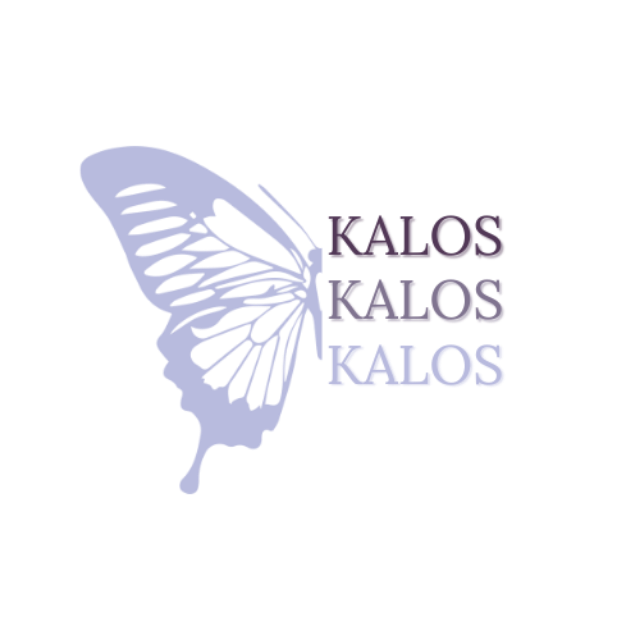DBT Skills
a FIVE module series
Dialectical Behavior Therapy (DBT) is renowned for its evidence-based approach and versatility across diverse populations. Gain insights into DBT's origins, its effectiveness in treating personality disorders, and its broader applications, with in-depth exploration of each model component.
About This Course
Dialectical Behavior Therapy (DBT) is renowned for its effectiveness in treating a range of mental health issues. This comprehensive training offers an in-depth exploration of DBT's foundational principles and practical applications across diverse populations. Participants will delve into each core module of DBT, including mindfulness, distress tolerance, emotion regulation, and interpersonal effectiveness.
DBT Overview Module:
Dialectical Behavior Therapy (DBT) stands as a cornerstone in evidence-based therapy, offering effective interventions across diverse populations. This section offers a foundational overview of DBT, exploring its origins, and participants will gain insights into DBT components and access practical resources applicable to various client needs.
Mindfulness Module:
Discover the philosophical underpinnings of DBT and delve into mindfulness, the cornerstone of the therapy. Explore evidence-based mindfulness practices for managing anxiety, depression, and other challenges. Gain actionable strategies for incorporating mindfulness interventions into client sessions.
Distress Tolerance Module:
Learn essential skills for helping clients navigate distressing situations and emotions. Explore DBT's approach to distress tolerance and acquire practical tools for clients to cope effectively. Case studies and real-life examples will enhance your understanding and application of distress tolerance skills.
Emotion Regulation Module:
Gain insights into managing intense emotions and fostering healthy coping mechanisms. Explore various emotions and strategies for emotional regulation within the DBT framework. Discover how to empower clients to develop a healthier relationship with their emotions.
Interpersonal Effectiveness Module:
Enhance your ability to support clients in building positive relationships and self-respect. Explore the objectives of interpersonal effectiveness and learn therapeutic techniques for skill development. Reflect on your own professional skills and integrate interpersonal effectiveness into client treatment goals.
Key Learning Objectives:
- Understand the core components of the DBT model and its application in treating Borderline Personality Disorder (BPD).
- Develop a rationale for using DBT with diverse populations beyond BPD.
- Apply mindfulness practices within the DBT model, supported by evidence-based approaches.
- Implement distress tolerance skills in clinical settings and identify situations that warrant their use.
- Explore emotion regulation strategies and support clients in developing healthier coping mechanisms.
- Foster interpersonal effectiveness in clients through therapeutic interventions and skill-building exercises.
- Reflect on personal professional skills and growth in interpersonal effectiveness.
Course admission requirements:
Minimum of a Master's Degree in a mental health or related field; or be a student in social work, psychology, counseling, or a related field. In Low- and Middle-Income Countries, a minimum of a Bachelor's degree in social work, psychology, counseling, or a related field is required.
Enroll in Just this Course
MEET THE PRESENTER
DIANE BIGLER, LCSW, LSCSW
Diane is a Licensed Clinical Social Worker in Missouri and Kansas. She has over 20 years of experience in the fields of psychology, social work and mental health. Diane was an Adjunct Professor of Social Work at The University of Kansas, School of Social Welfare, for over 10 years. She obtained her master's degree in Social Work from KU in 2006, with clinical concentrations in Children & Families and Mental Health. Diane taught classes in the Clinical Master's program, which included: Clinical Social Work Practice, Loss and Grief, Cognitive Behavior Therapy, Family Therapy, Advanced Standing Practice, and Mental Health & Psychopathology. Diane was also a practicum Field Instructor, Field Liaison and Community Education trainer for the School of Social Welfare. Diane has facilitated hundreds of trainings to mental health professionals, physicians and nurses, teachers, police officers, business personnel, and local City Council members. Diane enjoys the creativity that comes with envisioning and designing trainings, and aims to provide trainings that are informative, engaging and skill-building. She has customized and facilitated leadership and corporate trainings to EAP clients on wellness and business topics.

Course Materials
- An Overview of the DBT Model (64:52)
- Teaching Mindfulness Skills (90:12)
- Helping Clients with Distress Tolerance Skills (89:46)
- Enhancing Emotional Regulation Skills in Clients (82:59)
- Increasing Interpersonal Effectiveness Skills (83:02)
- Presentation
- Quiz
- Presentation Feedback Survey
- Certificate of Completion*
*A passed quiz of at least 80% and a completed feedback survey required for certificate.
Continuing Education (CE) hours
7 NBCC CE hours are available for licensed mental health providers. Please check with your licensing board to confirm that NBCC CE hours are accepted.
Integrative Trauma Treatment Center (ITTC) has been approved by NBCC as an Approved Continuing Education Provider, ACEP No. 6912. Programs that do not qualify for NBCC credit are clearly identified. Integrative Trauma Treatment Center (ITTC) is solely responsible for all aspects of the programs.

Become a Member!
A monthly subscription to ITTC’s Professional Learning Community, KALOS Includes:
- Unlimited Access to asynchronous courses and workshops with more being added all the time.
- Access to the Learning Community where you can connect with colleagues worldwide.
- Discounts on our live events like trainings, webinars, retreats, and the ITTC Trauma Summit.
All courses offer continuing education credits unless otherwise indicated.
Join KALOS
